现在带着大家从零开始,系统且有效的去学习理解常见的词义辨析。
开始学习词义辨析吧
01
词义辨析
1、cause/ reason/ excuse
cause用于表示具有明显因果关系的原因,此时 reason能与cause换用,但上下文必须有可以解释得 出的因果关系,后面接of sth./doing sth. ;reason通常含 有“理由”的意思,后面接for sth./doing sth. ; excuse指为免受指责和推卸责任而找的“理由、原因”,也就是我们常说的“借口”。例如:
We must all be aware of the potential causes of traffic accidents and act to prevent them.
我们都必须知 道造成交通事故的潜在原因并采取措施预防事故发生。(译林⑦_4)
The reason for this is that this plane is also a bicycle.
其原因是,这架飞机也是一辆自行车。
Too much work is no excuse for absence.
工作太忙不能成为缺席的理由。
2、festival/holiday/leave/vacation
festival指盛大的节日或定期在某地举行的主题节日;holiday一般指“休假” ;leave指“请假”,被批准后离开自己的工作的一段时间;vacation在英国指大学的寒暑假或法定节假日,美国可指任何假日(期)。
例如:
The Spring Festival is the most important day in China.
春节是中国最重要的节日。
My holidays passed quickly, but 1 did not send any cards to my friends.
我的假期过得很快,但是我一张明 片也没有寄给朋友。
He asked for a six months’ leave.
他请了六个月的假。
The students are planning how to spend their summer vacation.
这些学生们在计划着怎样过暑假。
注意:have a(或one’s)holiday度假,during a holiday在一次假期中。这种用法的holiday总用单数形式,但并不只是“一天”假。复数形式的holidays泛指“假日”,如summer holidays暑假。但“ Sunday is a holiday.”中的holiday却是“一天”的假。
3、habit/custom
habit指个人的“习惯”,通常用于表示做事、思考问题或行为举止的方式、方法;custom具有habit的一切含义,此外custom还包含“风俗习惯”。例如:
There is a nice custom in the area.That’s to say, people have formed thehabit of getting together for celebrating harvest.
这个地区有一个喜庆的风俗,也就是说,人们养成了聚集在一起欢庆丰收的习惯。
4、illness/sickness/disease
三者均有“病或疾病”之意。disease具体指身体上发生的任何疾病,可引申为某种“弊端”,如:heart disease“心脏病”,disease of society“社会弊端”等。sickness和illness 可指任何疾病或不适,sickness还用来指恶心、呕吐之类的疾病及因某种外因引起的疾病;illness主要用于因人体内部的虚弱或失调引起的疾病。例如:
He suffered from mountain sickness.
他患有高山病。
The child has suffered from illness for two years.
这孩子已经病了两年了。
Rough seas caused much sickness among the passengers.
汹涌的海浪使许多乘客感到恶心。
5、
meeting/conference/gathering/party
meeting可用于日常普通场合,也可用于特殊的或官方的正式场合;conference指专门的正式会议,常用于就某个重大问题进行专门研究或交换意见的讨论会、协商会等;gathering—般指非正式的集会;party指社交性或娱乐性的集会。例如:
The students had a class meeting last Friday.
学生们上周五举行了一次班会。
Many reporters came to attend the press conference.
许多记者来参加了新闻发布会。
A public gathering was held in Zhongshan Park on May Day.
劳动节,在中山公园举行了一次公共集会。
Mary and I were invited to Jane’s birthday party the other day.
前几天玛丽和我被邀请参加了简的生日聚会。
6、power/force/strength
power指身体上、精神上或心理上的力量,不管是 表现出来的还是潜在的;force指运用或发挥出来的力 量,可以克服阻力等;strength指内部固有的力量,如精神力量。例如:
Knowledge is power.
知识就是力量。
He overcame his bad habits by force of will.
他靠意志的力量克服了坏习惯。
Young people usually have more strength than the old.
年轻人通常比老年人更有力量。
7、road/street/way/path
road意为“路、道路”,指供车辆或人通过的广阔平坦的大道;street指城镇、乡村两旁有建筑物的“街道”;way意为“道路”,指street, road或任何可以通行 的路;path通常指“小路、小径”,如山中、林间的羊肠小道,也可以指公园、田间的小路,还可以指供人或事 物移动的“路线”等。例如:
The car is running along the road.
汽车沿着这条路行驶。
Go along the street, and take the third turning on the right.
沿着这条街走,在第三个路口往右拐
How can I get there? I don’t know the way.
我怎么能到达那里?我不知道路。
They walked along the path across the field.
他们沿着穿越田地的路走去。
8、trip/journey/travel/tour/voyage
trip是非正式用语,指短时间内往返的商业旅行或观光旅行;journey常指由某一地点到另一地点的旅行,也指旅行的路程,是比较正式的用语;travel泛指旅行、游历,是最为普通的用语,但无路程的含义;tour常指访问多处的观光旅行,常含有周游后回到原出发地之意; voyage主要指海上航行,是正式用语。例如:
We went on a pleasant trip to the nearest seaside during our vacation.
在假期里我们到最近的海滨进行了一次愉快的旅行。
When I told her that our journey would begin at an altitude of more than 5,000 metres, she seemed to be excited about it.
当我告诉她我们的旅行将从5,000多米的高处出发时,她似乎很兴奋。(人教①-3)
He came home after five years 9 travel.
五年的旅行后,他回到家中。
Confucius began to make his tour among the states.
孔子开始周游列国。
Later in the next century, people from England made voyages to conquer other parts of the world.
在其后的一个世纪中,英格兰人为征服世界其他部分,开始了航海。(人教①-2)
02
1、cause/ reason/ excuse
2、festival/holiday/leave/vacation
3、habit/custom
4、illness/sickness/disease
5、meeting/conference/gathering/party
6、power/force/strength
7、road/street/way/path
8、trip/journey/travel/tour/voyage
“Repetition is the mother of skills.(重复是技能之母)”
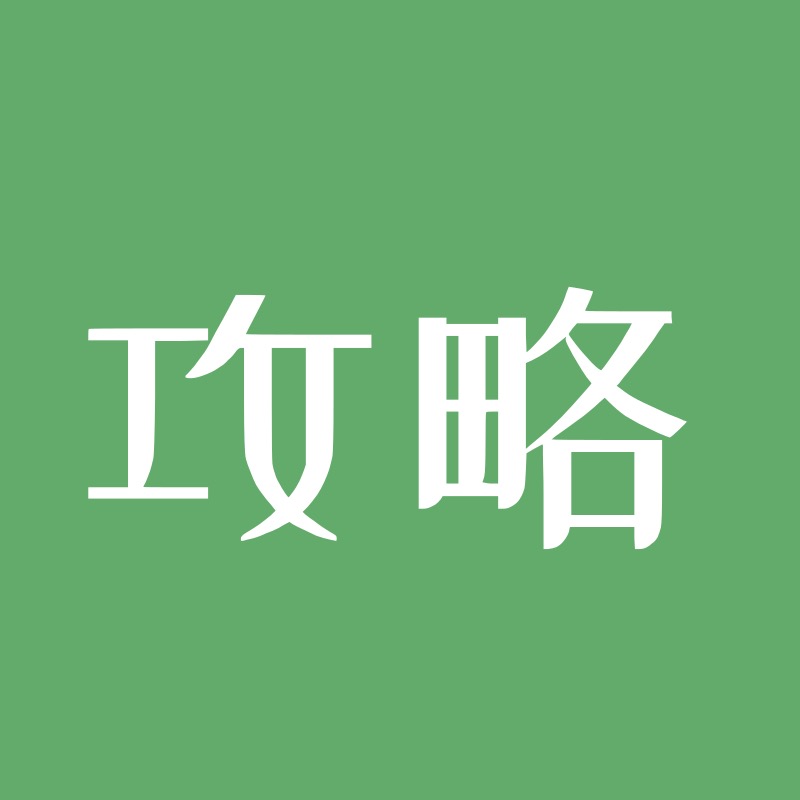 攻略
攻略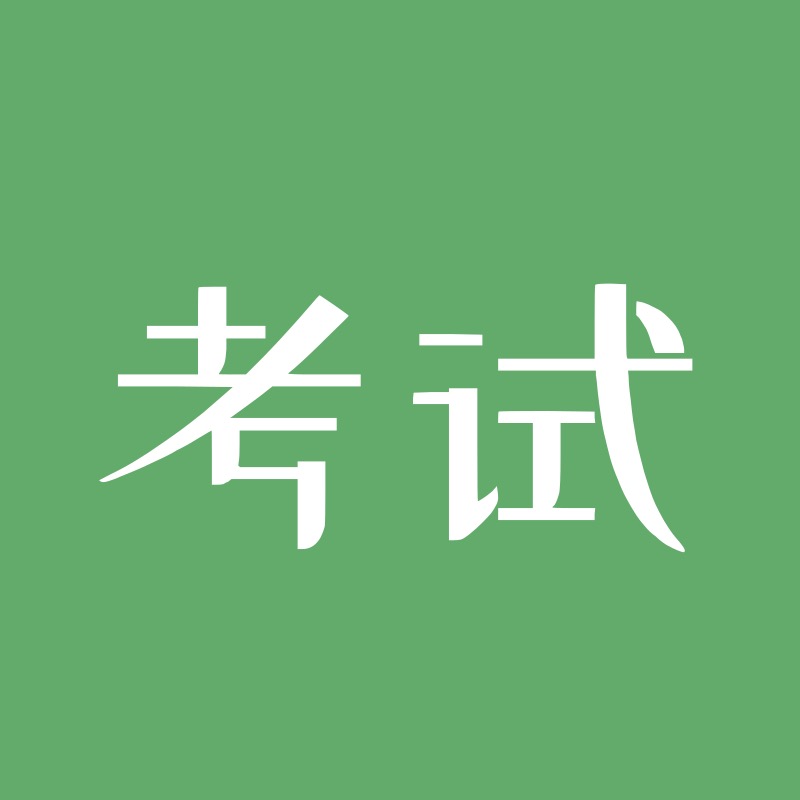 考试大厅
考试大厅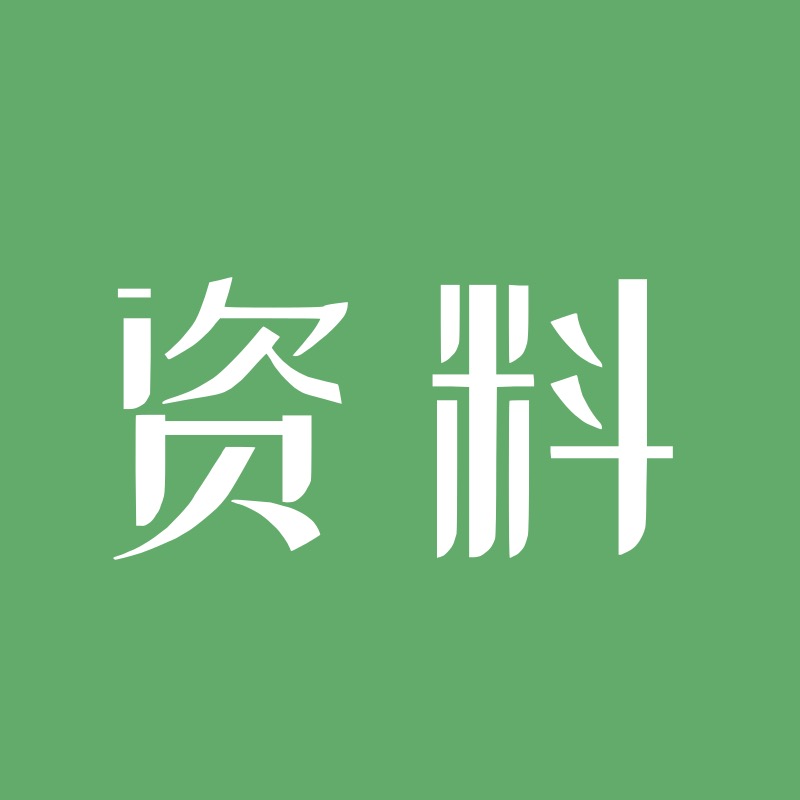 资料
资料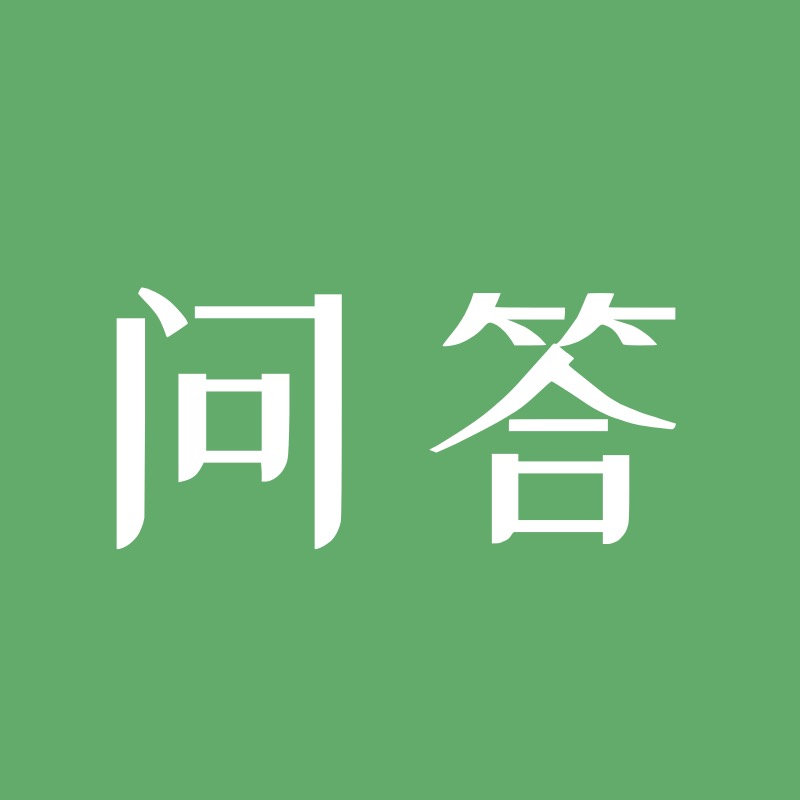 问答
问答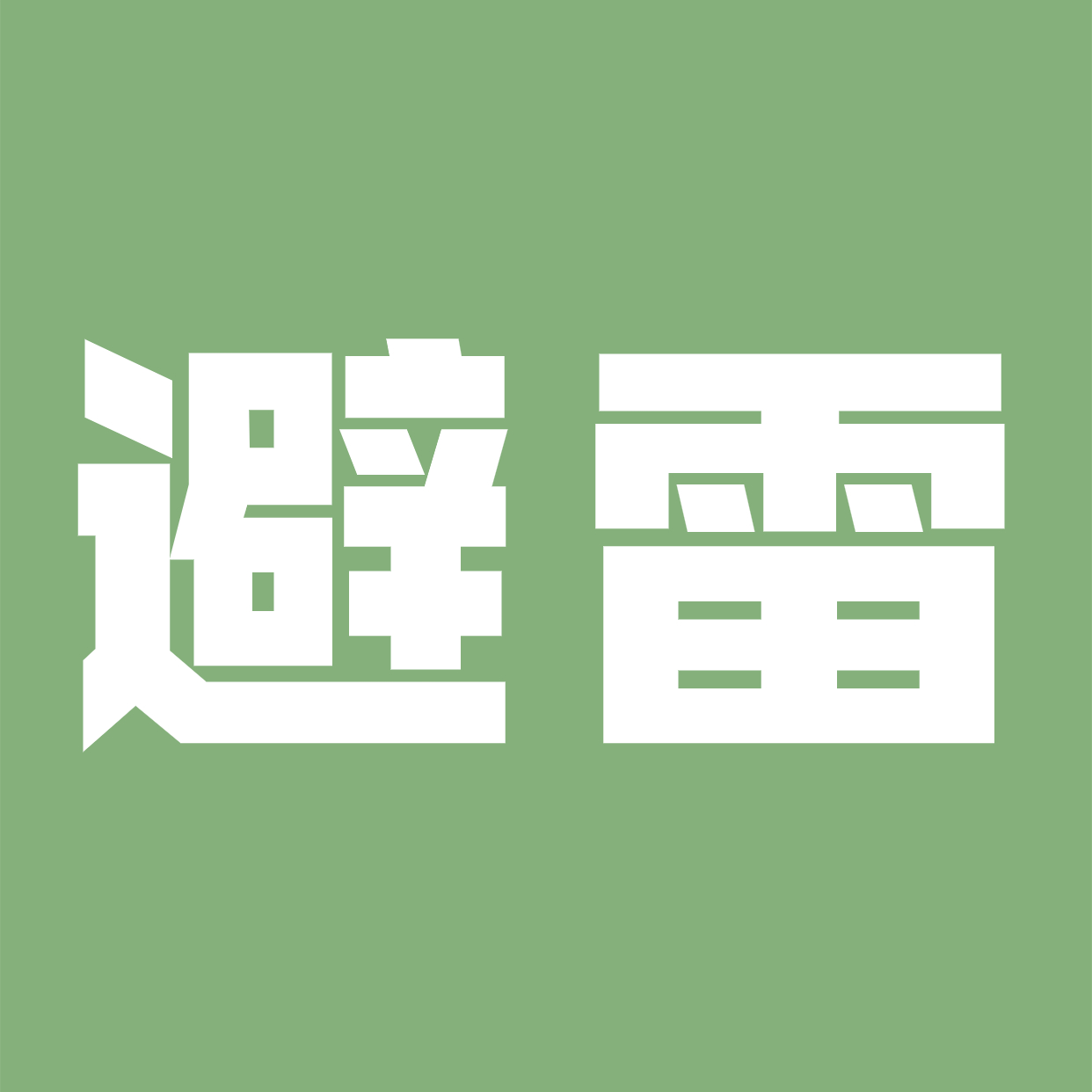 打假避雷
打假避雷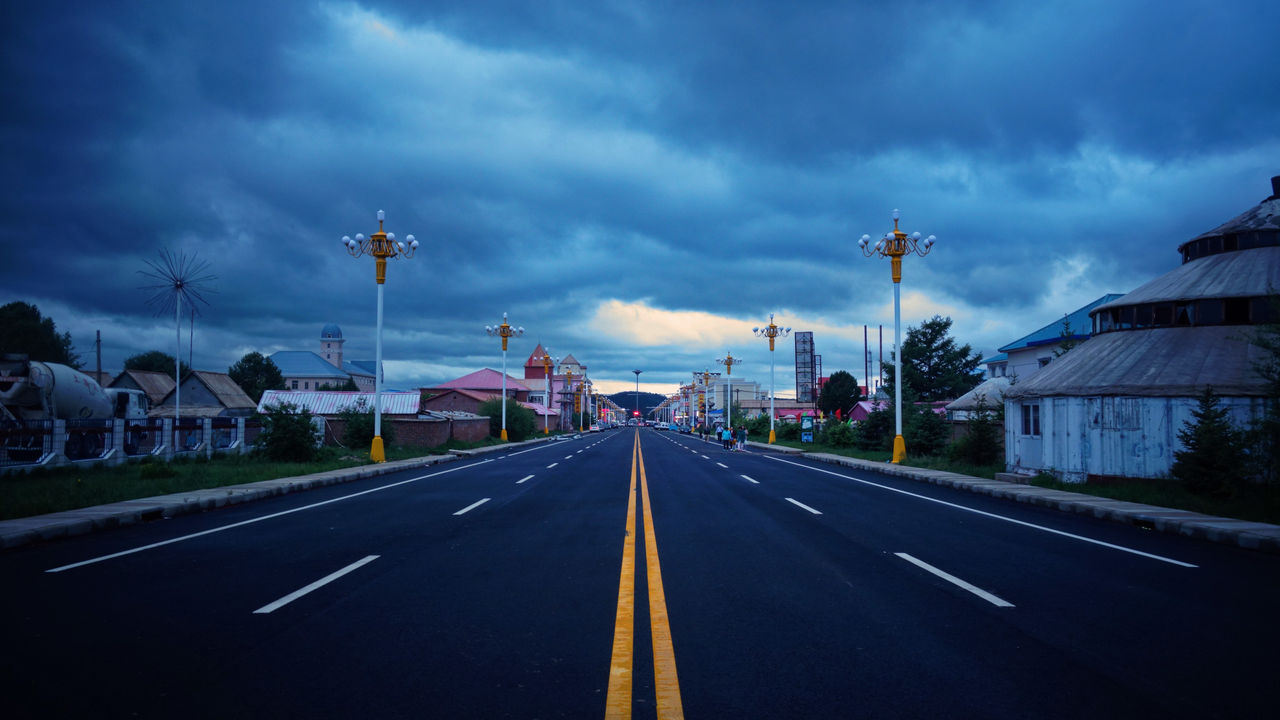

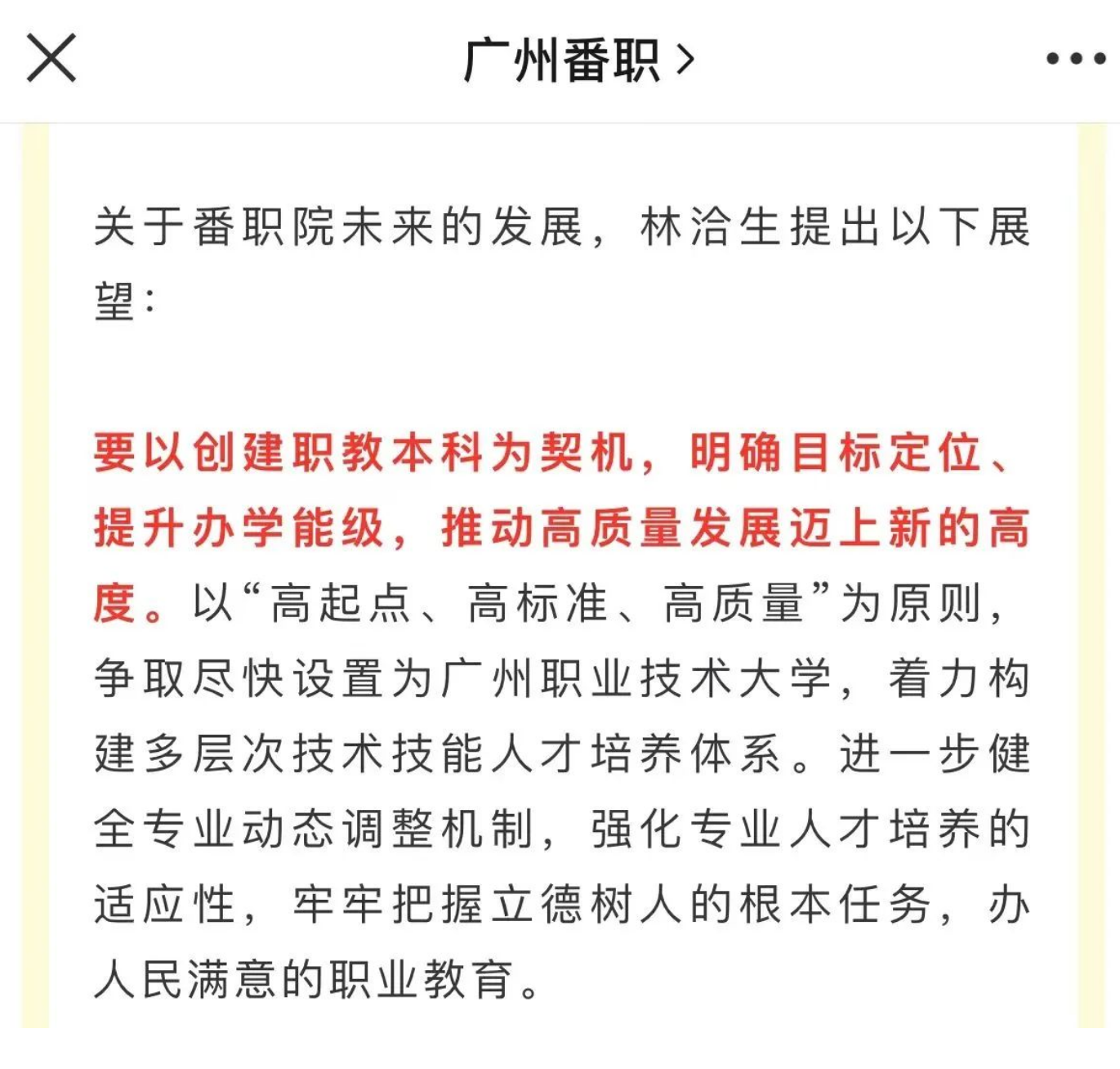

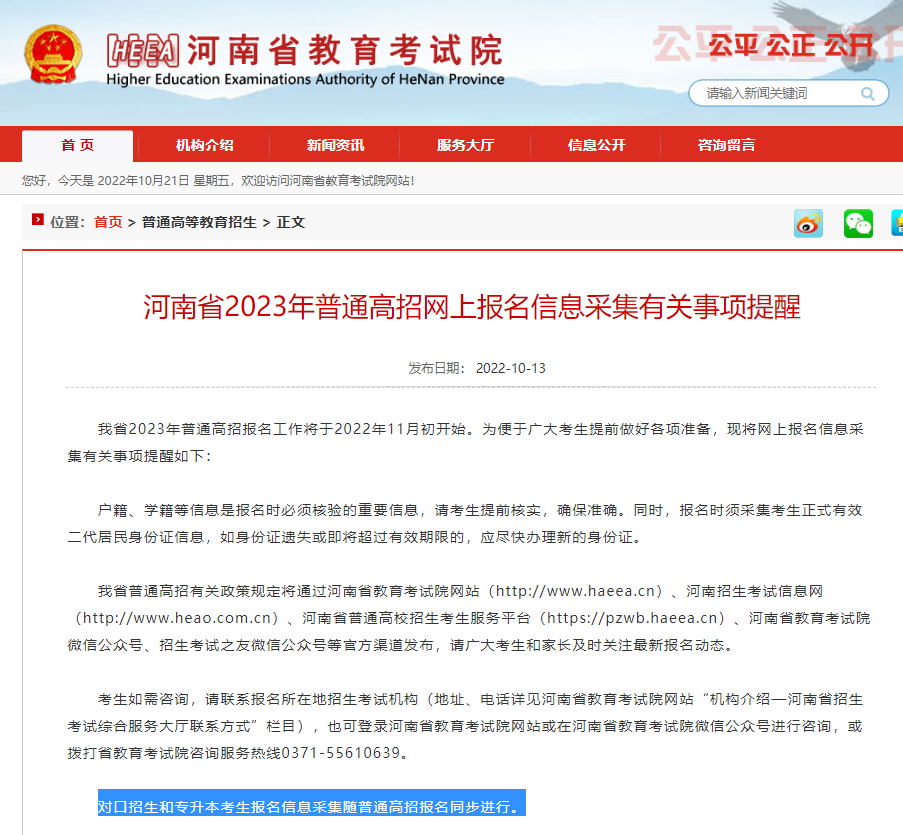




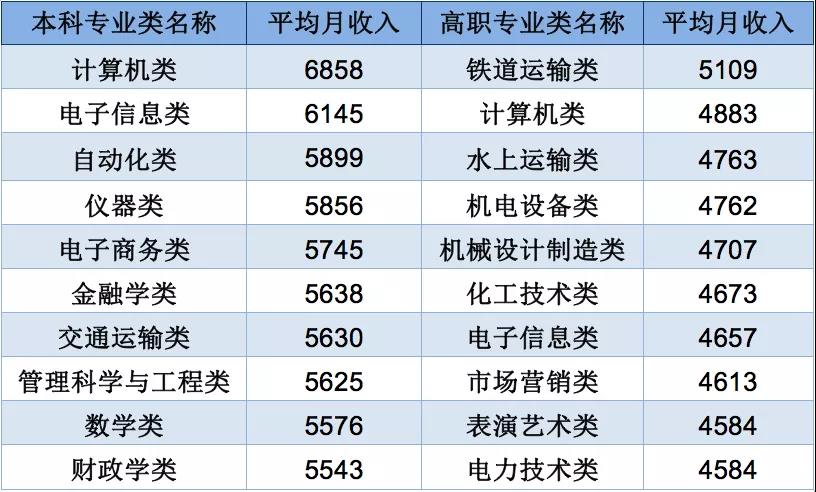

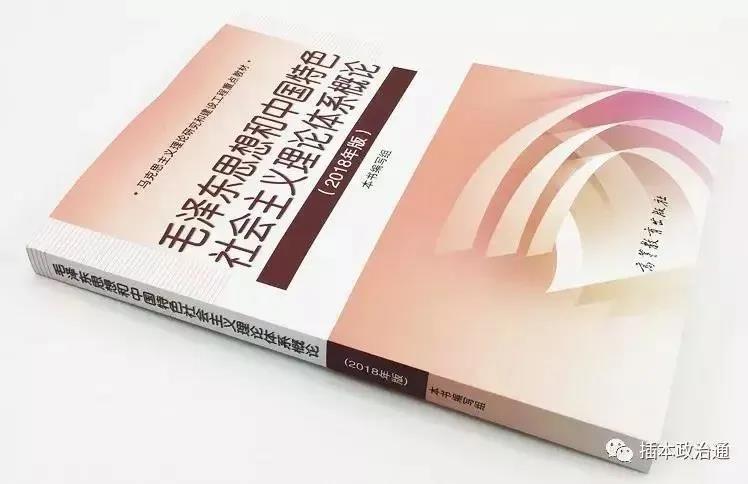




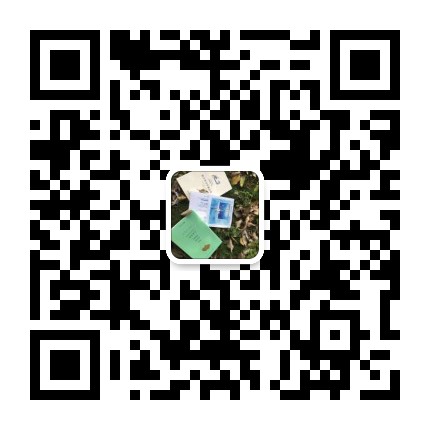
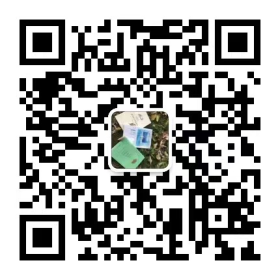



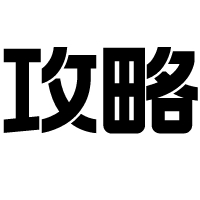
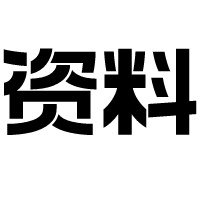
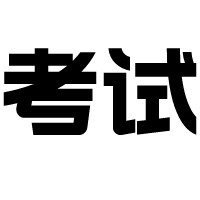
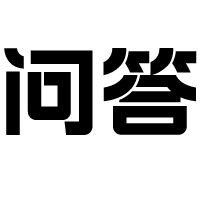
请登录之后再进行评论